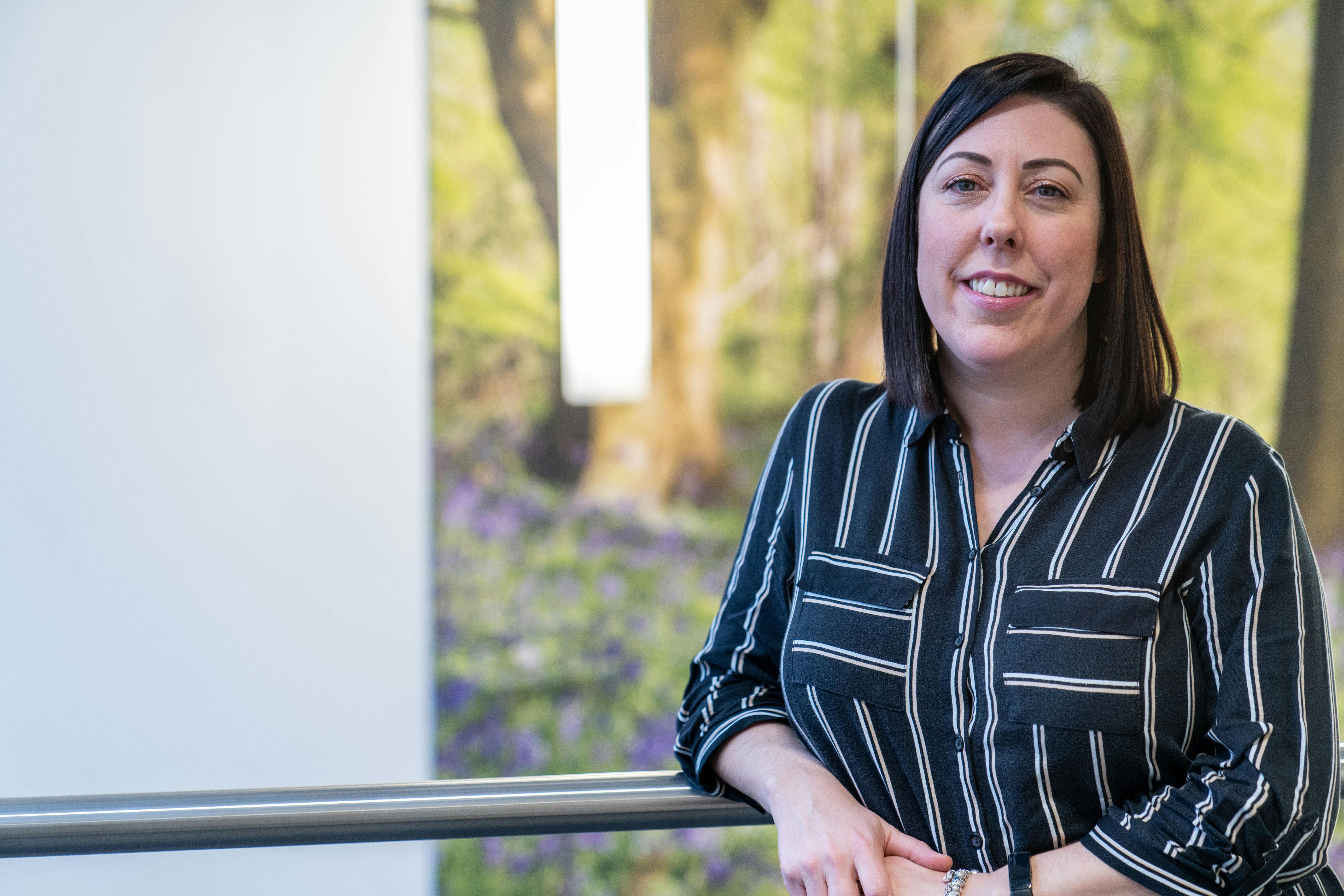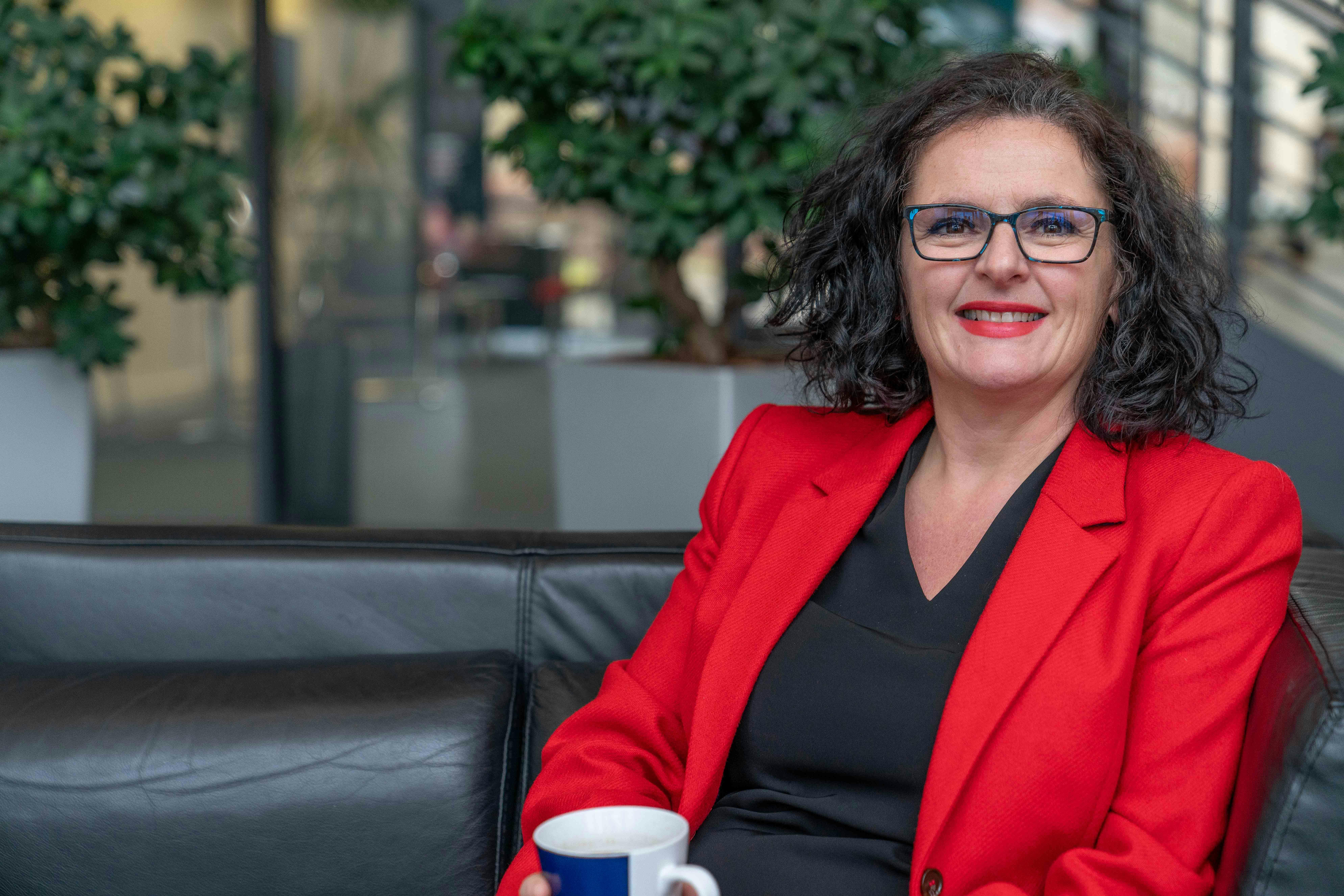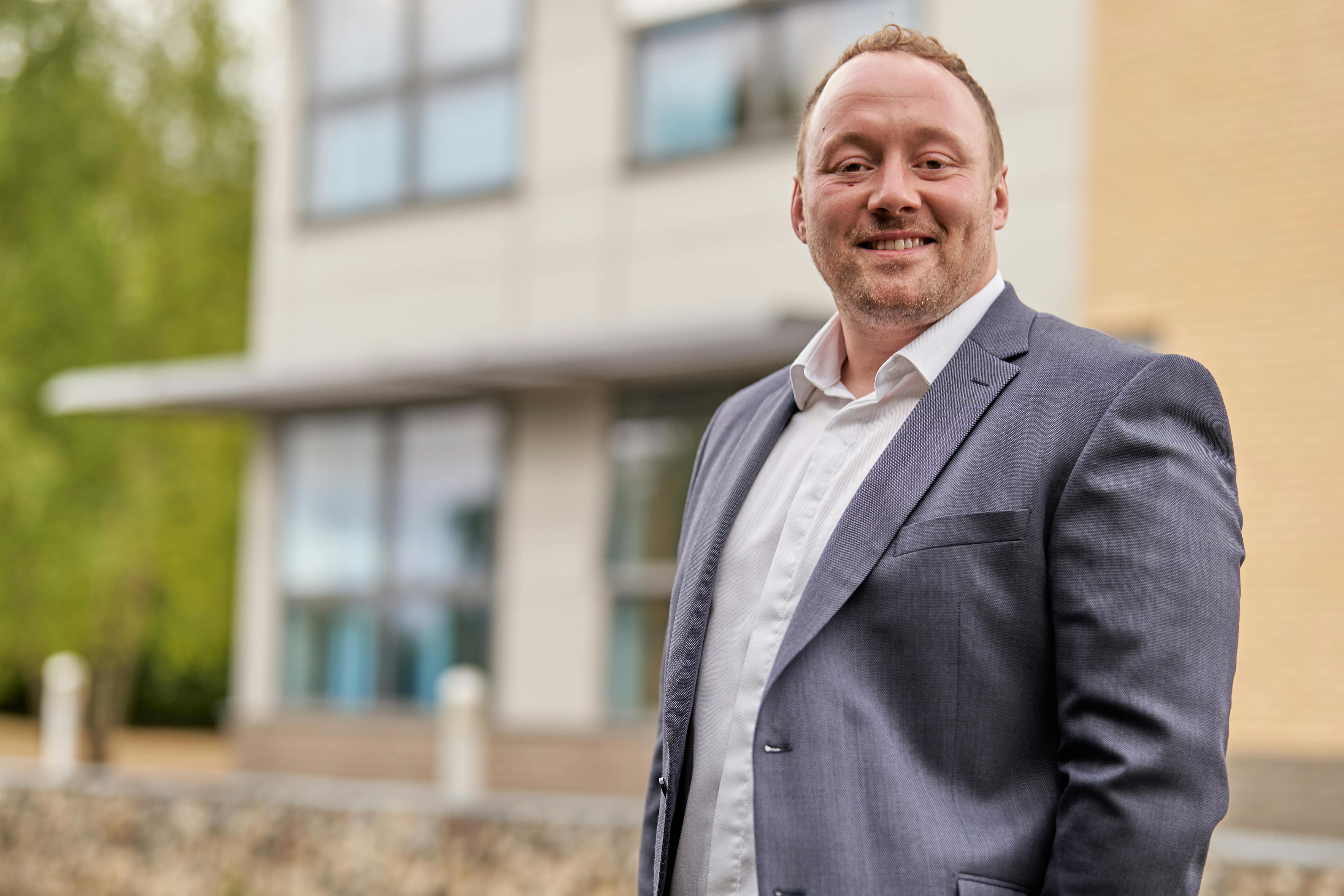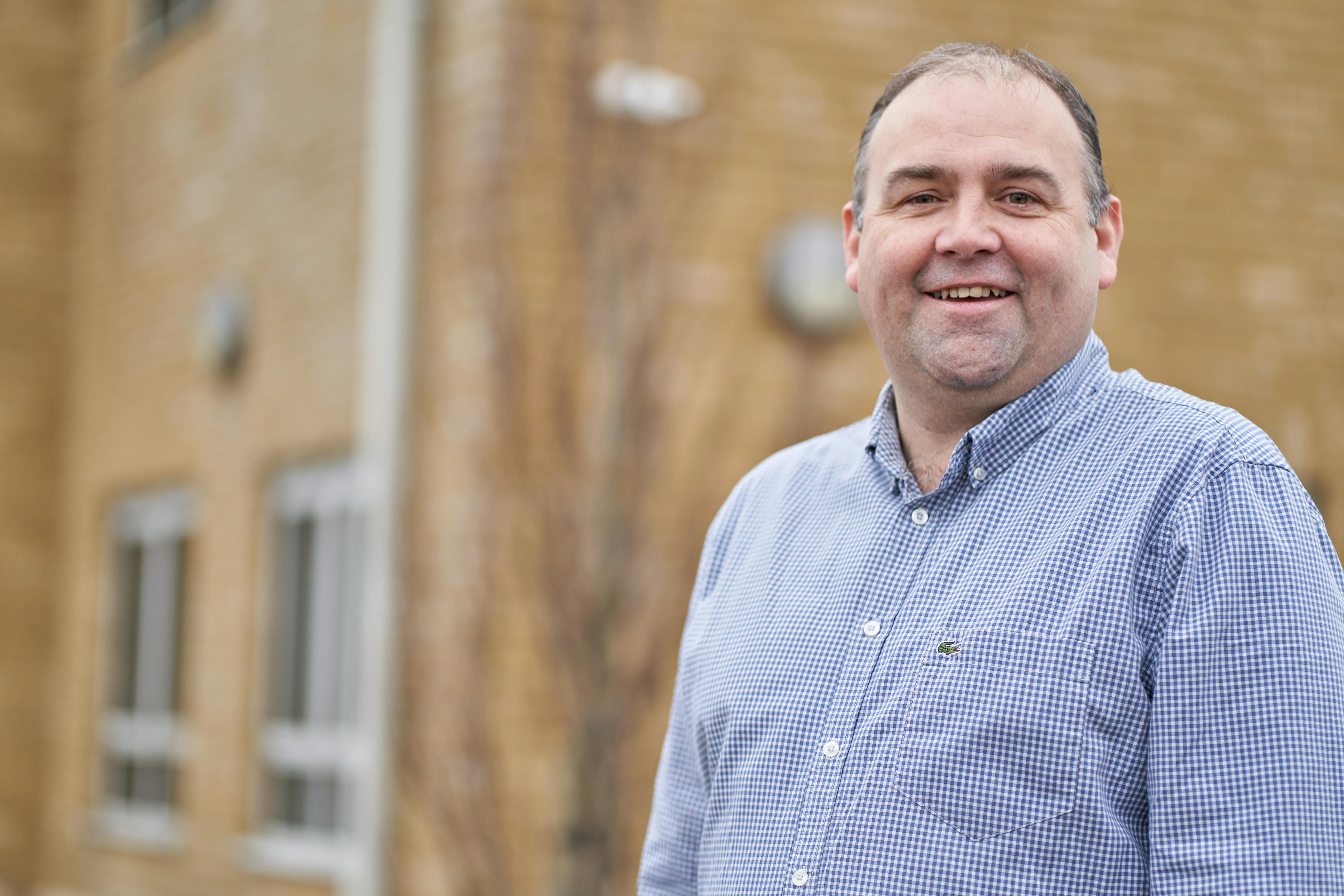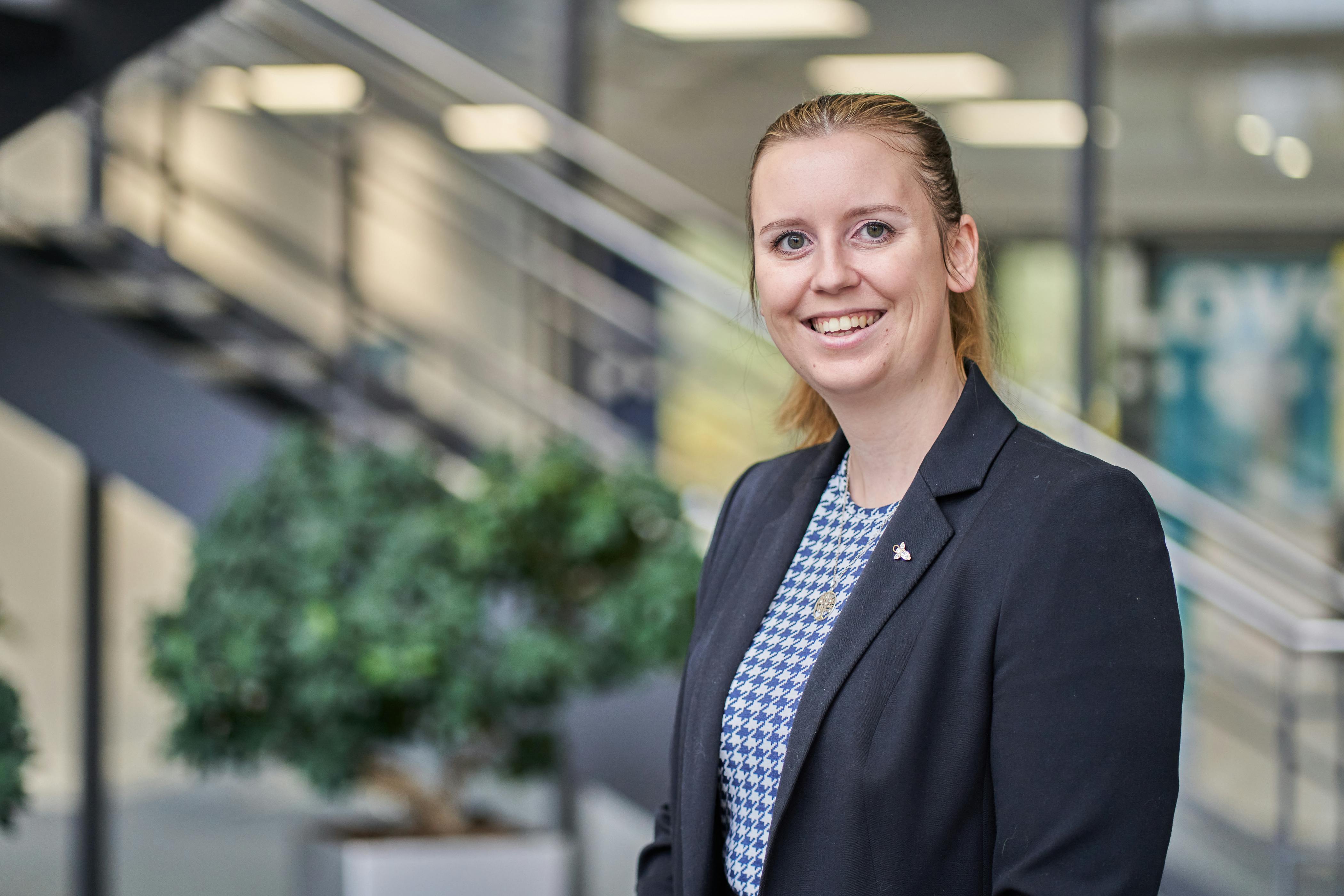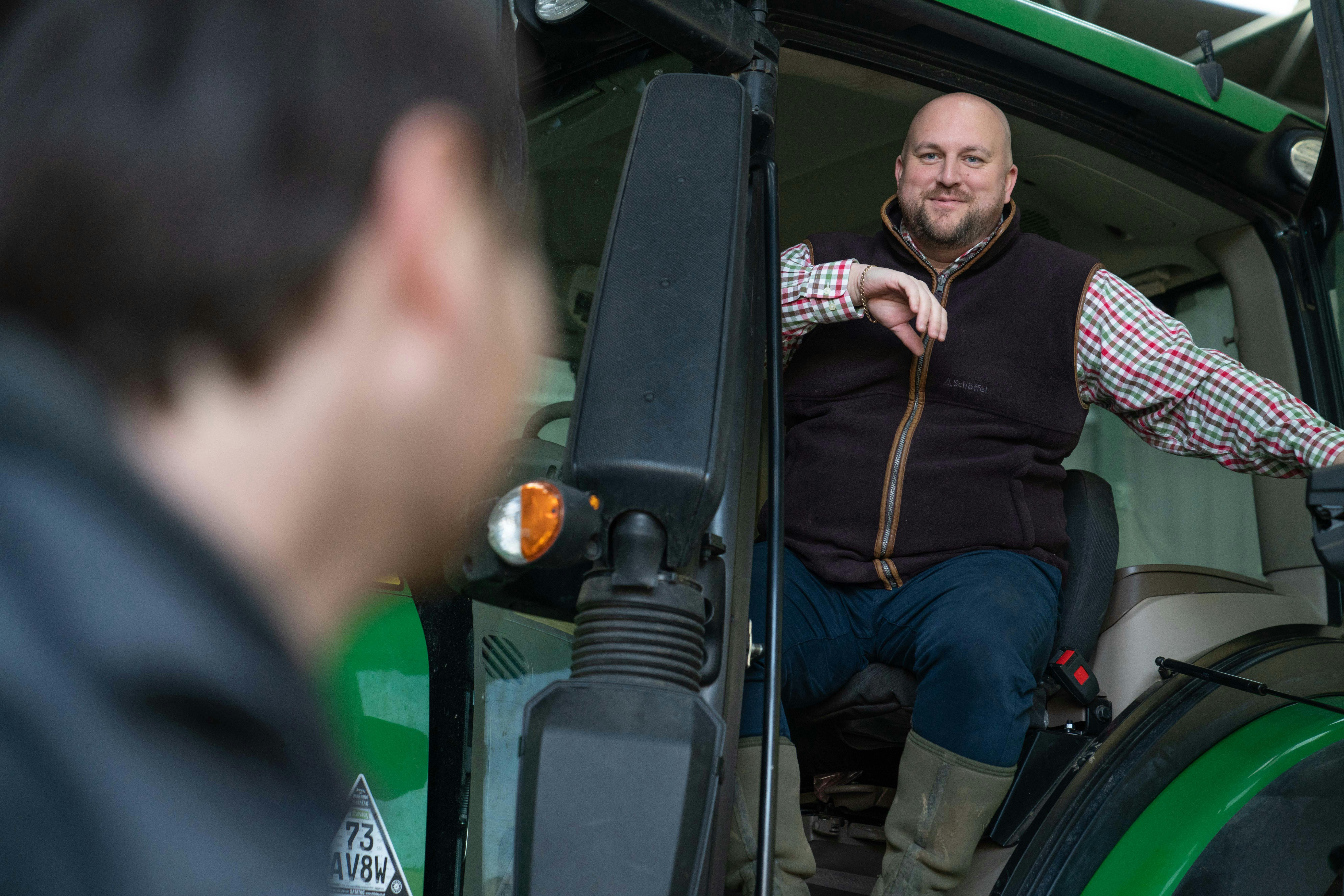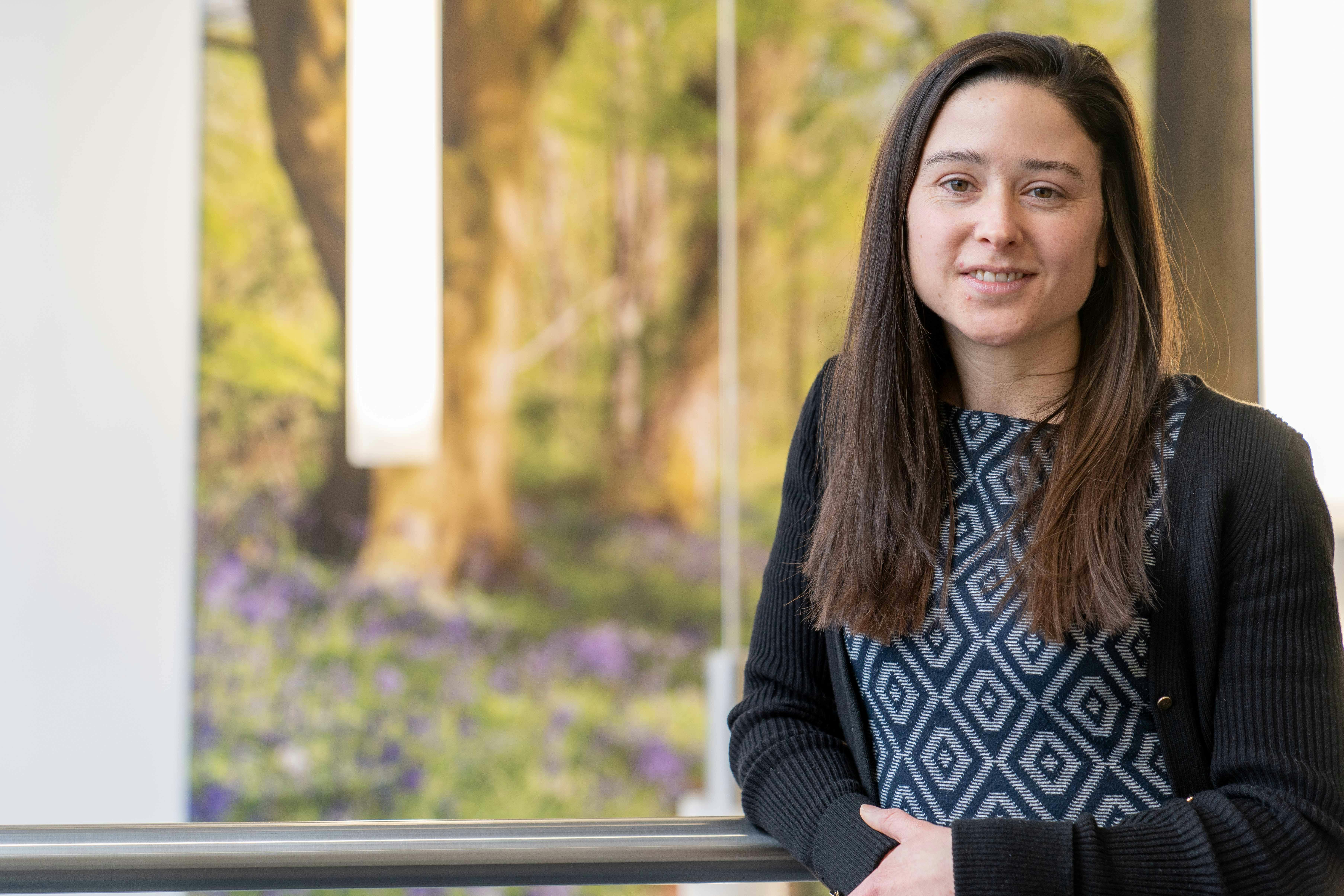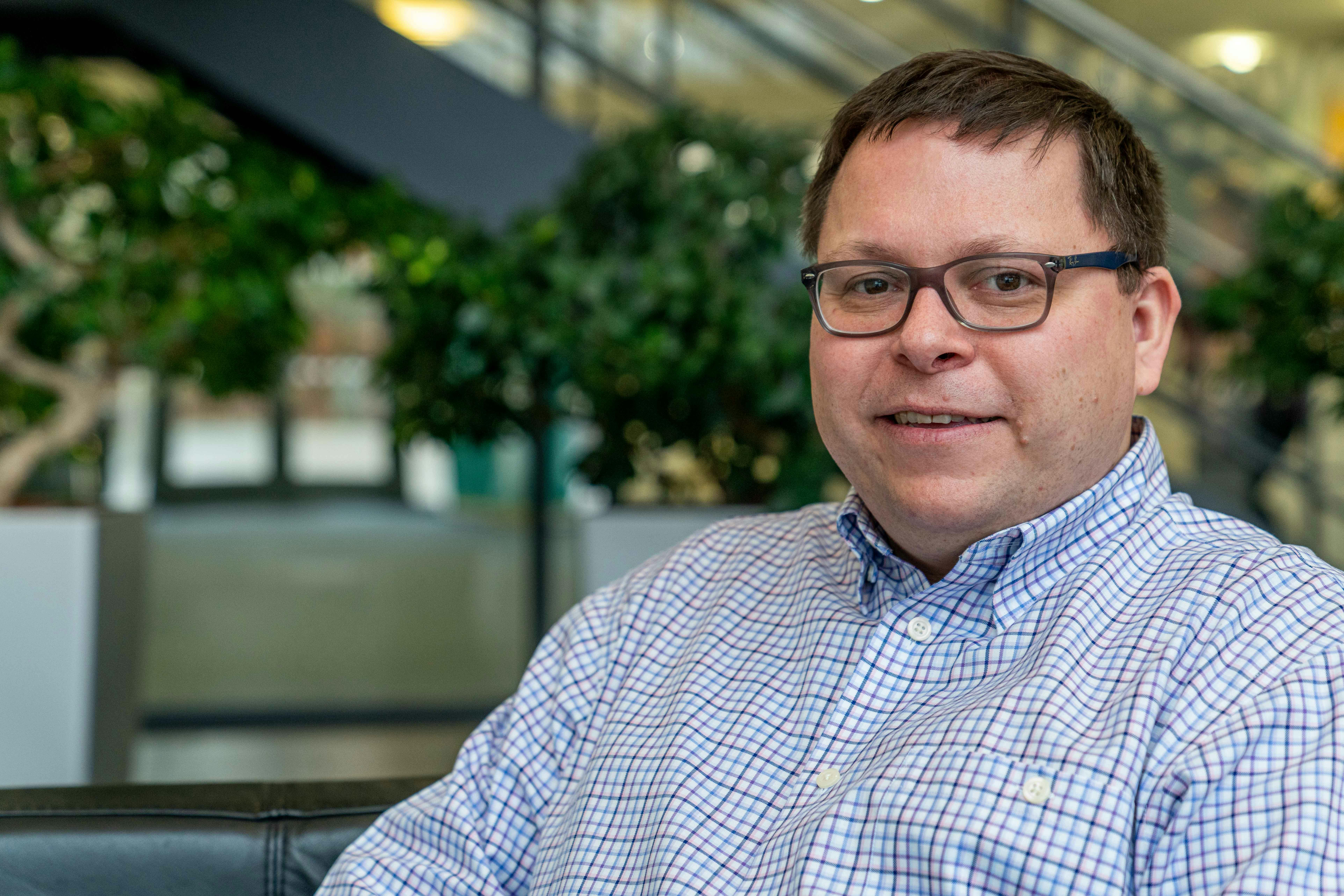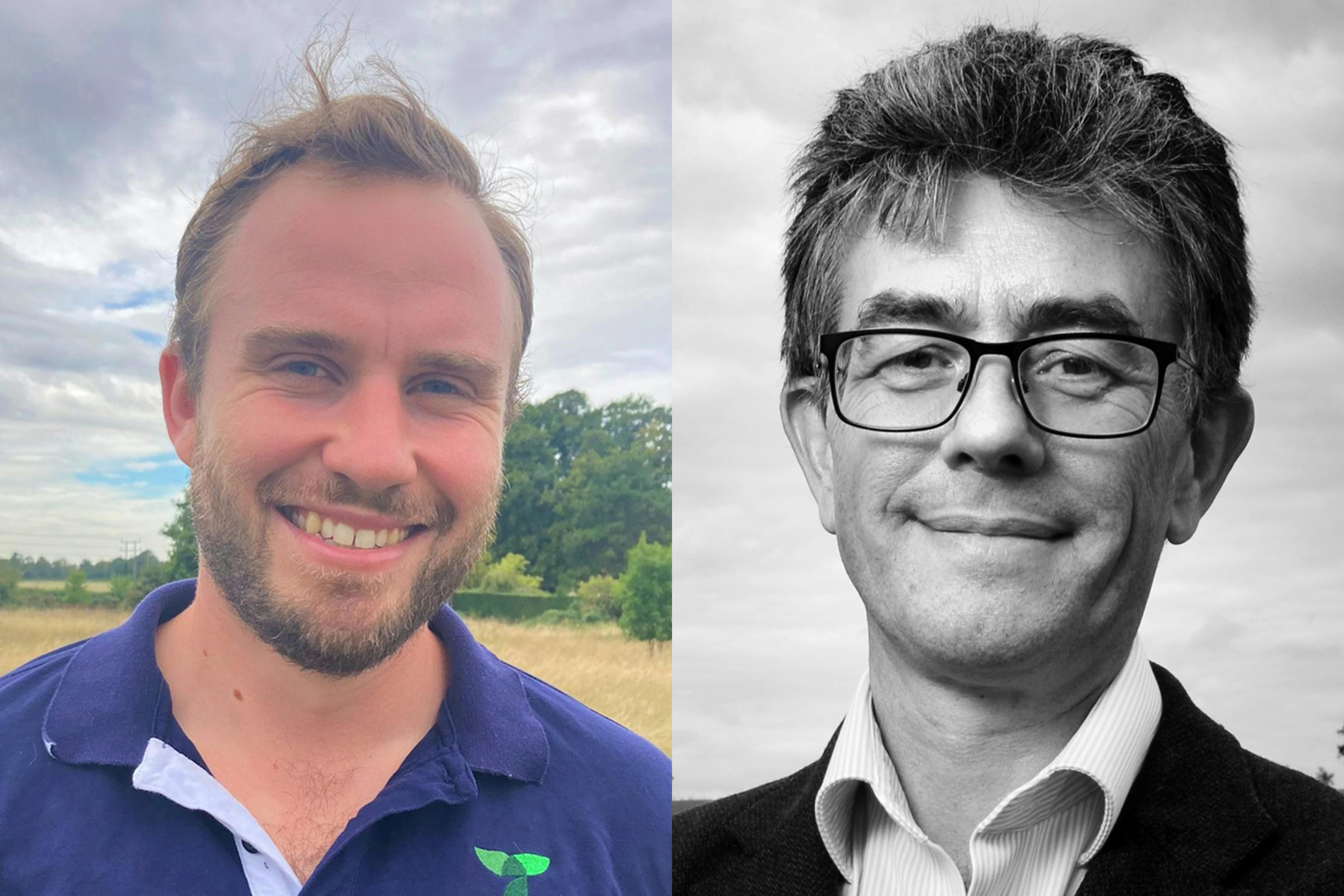With the prospect of receiving lower prices for their products – or even not being able to sell them at all – if they cannot demonstrate that their business is being run in a sustainable way.
That was the message heard by around 60 Norfolk and Suffolk farmers at the latest joint NFU/Lovewell Blake Farmers’ Evening in Halesworth.
Richard Anscombe and Oliver Rubinstein from specialist agricultural software company Trinity AgTech outlined the growing need to be able to show that natural capital is a key part of farming businesses – with pressure coming from increasingly environmentally-aware consumers trickling through the supply chain.
“If you are in a consumer supply chain, then your customers – especially young people – are right on ‘what is it that I’m buying, and what is its environmental footprint?’” said Mr Anscombe.
“If they are on it, then the major retailers will be on it, the people producing the food which goes on the shelves will be on it, and it will trickle right through the supply chain to the farm. There is a need for farmers to be able to say that they take it seriously.”
Mr Anscombe was at pains to point out that natural capital embraces all aspects of farming sustainability, despite much focus having been put on carbon trading. He said that the ability to know where each individual farm stood on natural capital, and what potential it has, is compelling.
“There is a lot of talk about carbon trading, net zero, 2040 targets set by the NFU; but for a lot of people, if you asked where their particular farm or estate is right now in terms of net zero, and what things they think they could do to get there, I think the majority of people would say: ‘actually, I don’t know.’
“There is a need for a way to measure each individual farm, and suggest things you could consider doing to move towards a net zero position.”
Mr Rubinstein introduced Trinity AgTech’s Sandy software, which has been developed to help farmers accurately measure their natural capital and successfully navigate the sustainability challenges facing their business, including measuring carbon footprint, biodiversity score and nitrate leaching, as well as modelling future management scenarios.
“It’s really important to be clear what you want to achieve in measuring your natural capital – it’s not a question of just doing it because you think you should,” he said.
“You want to be able to evidence everything that is going on on the farm, because there are a lot of previously unreported and unseen things which are increasingly relevant to any agricultural business’s success.”
Lovewell Blake agricultural partner Ryan Lincoln, who chaired the event, said, “Natural capital is an increasingly central part of every farm business, and the ability to both measure and evidence progress will become more important as the concept gains traction.
“The truth is that those farms which are looking at sustainability tend to be the most profitable – and that is only likely to be more true as we move into a post-BPS future.”
The event was one of a series of regular Farmers’ Evenings in Halesworth organised jointly by Suffolk Coastal NFU and chartered accountants Lovewell Blake.

